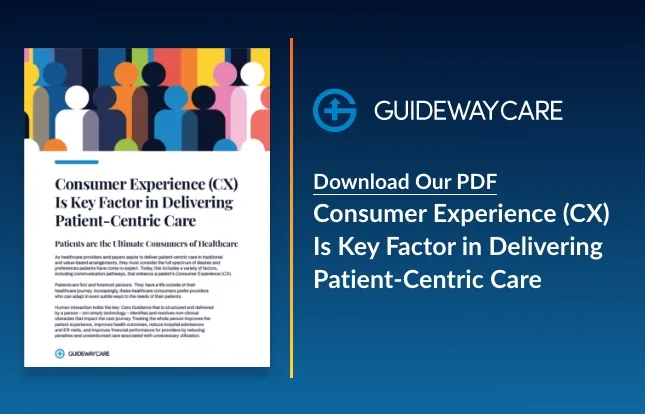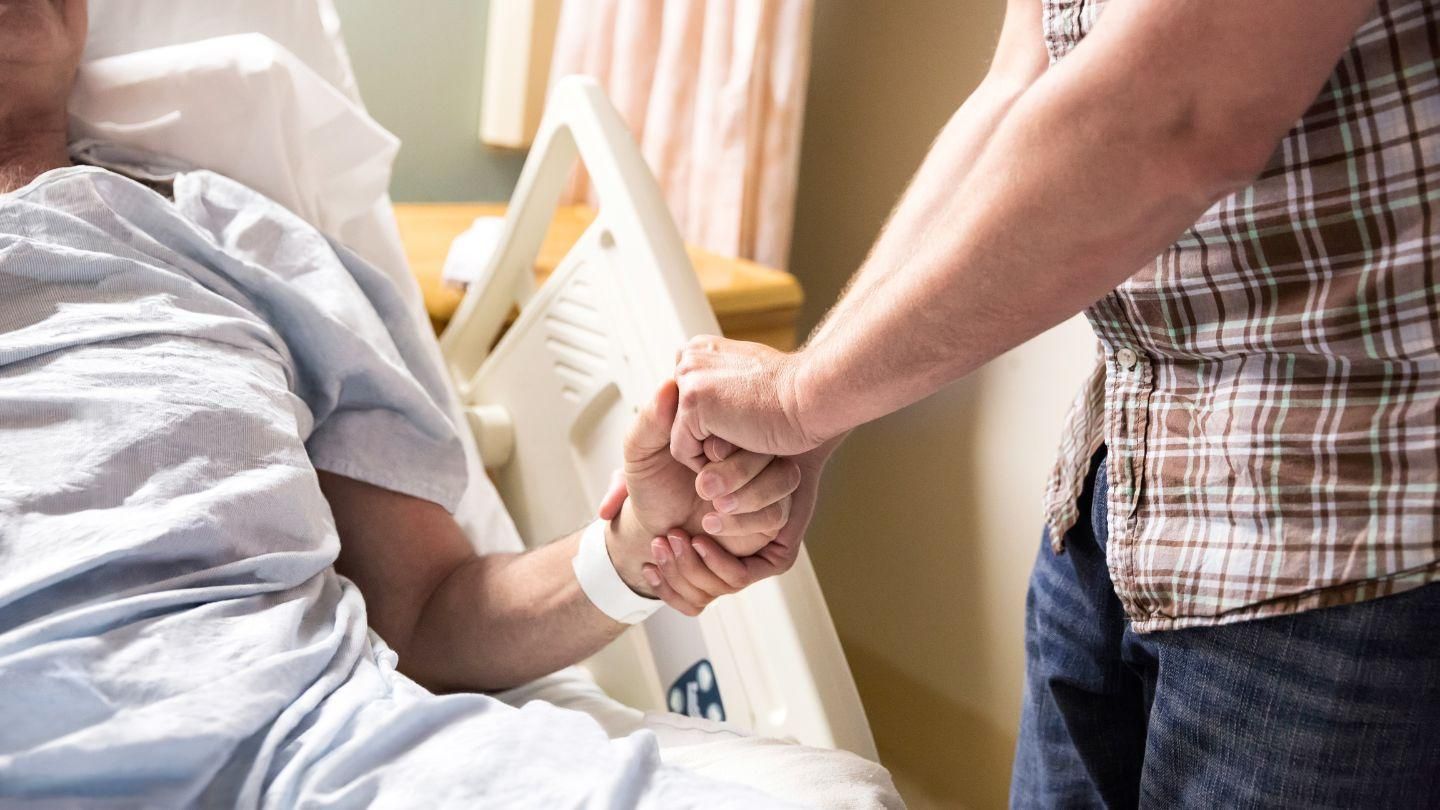80% of a Patient’s Health Risk is Tied to Non-Clinical Issues

New study reinforces findings of 2020 Health Affairs report
Three years ago, Health Affairs reported that experts estimate that up to 80 percent of a person’s health is determined by nonclinical factors—things like financial stability, access to safe, affordable housing and to healthy food, and social supports. Yet, as a society, we spend billions of dollars providing clinical care that often fails to effectively address the social, economic, and environmental factors that impact health. At-risk patients often require amplified levels of activation and monitoring beyond the hospital’s capacity to address their whole spectrum of health and wellness.
Fast forward to 2023, and the results of a new study published by the Proceedings of the National Academy of Sciences (PNAS) highlights and substantiates the importance of non-medical patient conditions, specifically social factors which affect an individual’s future health.
Furthermore, the PNAS now establishes a Social Frailty Index (SFI): Development and validation of an index of social attributes predictive of mortality in older adults. It is expected that the SFI will have applications in clinical, population health and research settings.
Investigators at Massachusetts General Hospital and the University of California San Francisco took a comprehensive inventory of older adults’ social attributes and distilled it into a short survey that can predict longevity. The research team analyzed information from a sample of 8,250 adults aged 65 and older.
Within four years of a baseline interview, 22 percent had died. Statistical analysis and prediction methods of a machine-learning tool called LASSO drew from 183 possible social predictors to reveal eight that predicted mortality within four years. These key social factors include poor neighborhood cleanliness, low perceived control over financial situation, meeting with children less than yearly, not working for pay, not active with children, not volunteering, feeling isolated and being treated with less courtesy or respect.
“Patients are first and foremost humans, with many experiencing health inequities attributed to the non-clinical factors as revealed in this survey, says Dr. Edward Partridge, chief medical officer, Guideway Care. “When these issues remain unknown to providers and are left unresolved, they can lead to costly and complicated clinical problems. This important study validates the critical need for healthcare systems to address the full spectrum of a patient’s health and socioeconomic condition as part of their total care. I’ve spent thirty years focused on this issue, and I am glad to see the medical community take note of the importance of care guidance solutions.”
According to the study’s lead author Sachin J. Shah, a physician-scientist at MGH and Harvard Medical School, “This research demonstrates that our social lives are as important as medical conditions. From our data, we developed a 10-question survey that uses age, gender and social characteristics to predict longevity.”
Reaching the Goal of Health Equity
The delivery of equitable health care should not vary in quality because of patient disparities associated with social determinants of heath (SDoH), including race, ethnicity, language proficiency, age, socioeconomic status, place of residence or disability. SDoH risk factors exist at the individual patient level and within their communities. These risks center on areas like financial barriers, transportation issues, cultural and spiritual concerns and other practical matters that typically fall outside of the health system’s visibility and control.
Guiding the Future of Equitable Healthcare
Guideway Care provides care guidance in a solution as a service model, employing highly trained “Care Guides” that operate within a scalable, technology-enabled platform. Care Guides proactively engage with patients and their families and conducted assessments to uncover and resolve practical issues stemming from SDoH that may evolve into non-clinical barriers to their continuation of care. By following protocoled workflows and escalation paths, care guides also ensure that relevant clinical issues are immediately directed to the right member of the clinical team before becoming problematic, challenging and costly to treat.
Care guidance is an innovative solution that maximizes efficiency, lowers total cost of care and raises quality metrics in value-based care arrangements. As a result, hospitals and their clinical staff receive needed support to deliver quality, equitable care, generate the best possible outcomes for patients and optimize financial and operational performance.
Contact us for insight into how Guideway Care, as your partner, can implement an efficient and effective care guide solution to support your clinical team and deliver on the promise of health equity based on the needs of the patient populations in your community.
Contact Us Today To Learn How We Can Help
"*" indicates required fields




